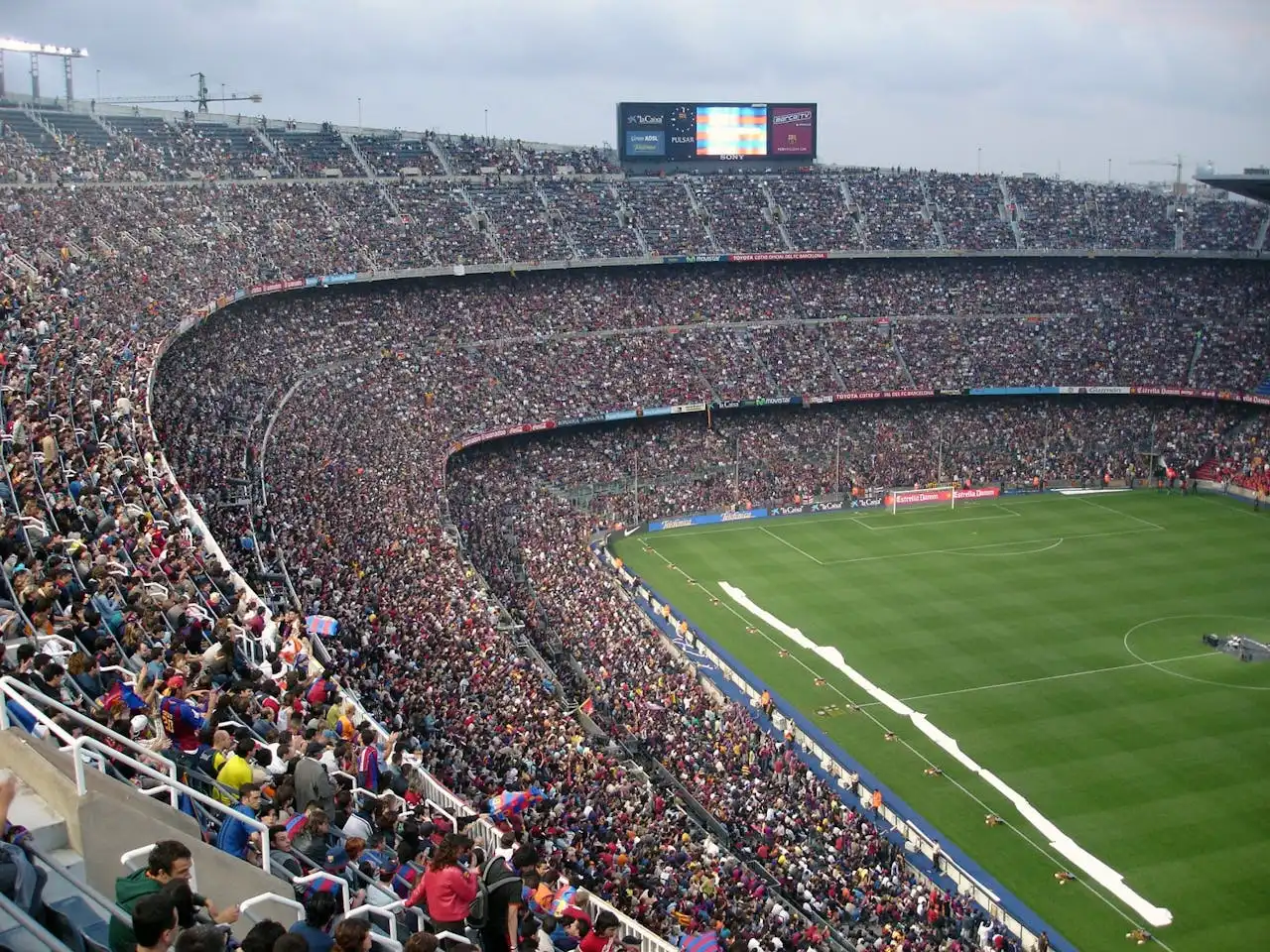The Beautiful Game's Shifting Sands: Navigating the Ethics of Naturalization in Global Football
Muhe - Wednesday, 23 July 2025 | 10:00 PM (WIB)


Why the Wanderlust? The Pull Factors and the Push
So, what gives? Why are players opting to switch allegiances, and why are nations so eager to welcome them? It's a multifaceted equation. For players, it often boils down to opportunity. Perhaps their birth nation has an abundance of talent in their position, making national team selection a pipe dream. Or maybe, sadly, political instability or economic hardship back home makes a move abroad, even for national team purposes, an attractive proposition. The prospect of playing at a World Cup, a pinnacle for any footballer, can be a powerful motivator to embrace a new flag.From the nation's perspective, it’s often about pragmatism and ambition. A national team might have glaring weaknesses in certain positions, and rather than wait years for local talent to develop, naturalizing a proven player can be a quick fix. It’s the instant gratification model, if you will. For smaller nations, or those with less developed footballing infrastructure, bringing in players who honed their skills in top European academies can be a game-changer, elevating their standing on the international stage almost overnight. It's a low-key recruitment drive, but with national jerseys instead of club ones.The Ethical Tightrope: Authenticity vs. Ambition
But here’s where the ethical trends and challenges truly bubble to the surface. The million-dollar question remains: how much does naturalization dilute the "national" in "national team"? Fans, bless their passionate hearts, can be a tough crowd. While some embrace these new additions with open arms, seeing them as simply part of a globalized football family, others can't help but feel a pang of disquiet. Is it truly representing the nation if the players didn't grow up singing the folk songs or playing street football in its cities? It's a tricky wicket, balancing the desire for success with the deeply ingrained emotional connection to national identity.Then there's the issue of potential exploitation, a narrative that often goes unspoken. Are players from less affluent footballing nations being 'poached' for their talent without adequate compensation or recognition for the grassroots development programs back home that nurtured their initial skills? It feels a bit like a one-way street sometimes, doesn't it? The rich get richer in terms of talent, while the developing nations continue to produce talent that is then, in essence, 'exported' without much reciprocal benefit. It begs the question: how do we ensure fair play, not just on the pitch, but in the broader ecosystem of player development and national representation?Looking Ahead: FIFA's Role and the Future Landscape
So, what does the future hold? FIFA, the global governing body, has attempted to draw lines in the sand with eligibility rules based on birth, parentage, grandparentage, and residency. But these rules are constantly under scrutiny, tweaked, and sometimes, let's be real, creatively interpreted. One might argue that the trend will continue, with more nations seeking to bolster their squads through naturalization, especially as football becomes even more globalized and players move across borders from a young age.The challenge for FIFA and national federations will be to navigate this evolving landscape without throwing the baby out with the bathwater. How do you maintain the integrity and emotional resonance of national team football while acknowledging the realities of player mobility and global talent pools? Perhaps we'll see stricter residency requirements or even, dare I say it, a 'training compensation' model for national teams, akin to what clubs pay for youth players. This could ensure that the nations who invest in developing talent are compensated when that talent ultimately serves another flag.Ultimately, the future of naturalization in football isn't about right or wrong in black and white. It’s about navigating shades of grey. It's about recognizing that while the game is a symbol of national pride, it’s also a powerful force for unity, transcending borders and backgrounds. The conversation will continue to evolve, much like the beautiful game itself. And as long as there’s a ball to kick and a goal to score, players will dream of representing a nation, perhaps even one they've grown to call home, proving that loyalty, much like talent, can sometimes blossom in unexpected places. It's a whole thing, and it's far from over.
Liverpool vs Arsenal Prediction: Week 3 of the 2025/2026 Premier League
14 days ago

Rayo Vallecano vs. Barcelona Prediction: Week 3 of La Liga 2025/2026
14 days ago

Messi's Last Dance? The GOAT Hints at a Potential World Cup Farewell in 2026
15 days ago

Real Madrid vs Mallorca Prediction: Los Blancos Aim for Third Consecutive Win
15 days ago

West London Derby: Chelsea vs. Fulham Prediction, Week 3 Premier League Match
15 days ago

Manchester United vs Burnley Prediction: Tough Test at Old Trafford
15 days ago

The Roar of History: Why Almaty Ortalık Stadium Isn't Just a Venue, It's Kazakhstan's Heartbeat
15 days ago

Wayne Rooney’s Stark Warning: Can Manchester United Still Attract Elite Managers?
15 days ago

The End of the Road: Ole Gunnar Solskjaer's Turkish Adventure Concludes Abruptly at Besiktas
15 days ago

Argentina vs. Venezuela: Lionel Messi's Final Moments in Home?
15 days ago
